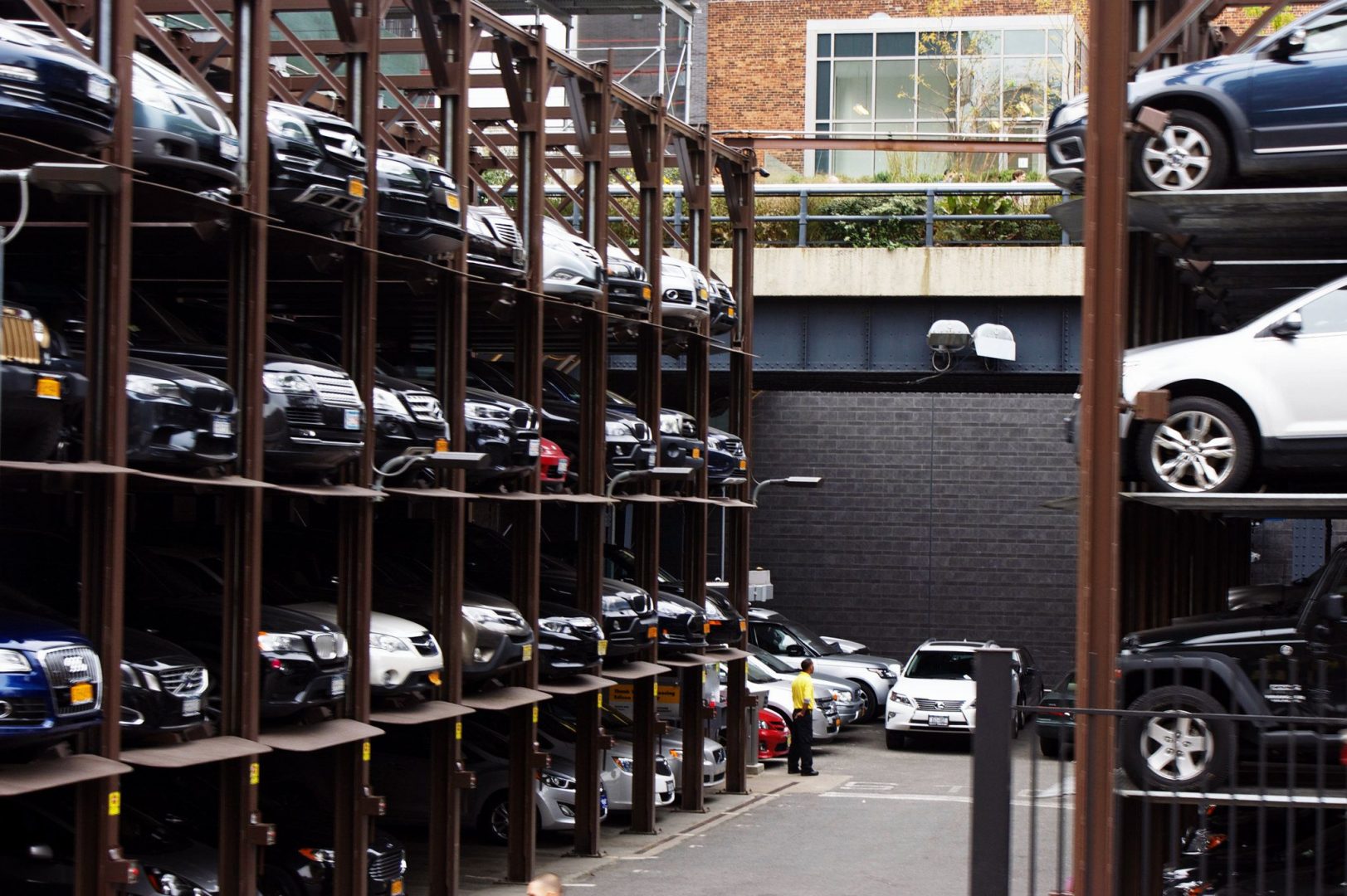US administration investigates on new tariffs for car imports

The Trump administration has launched a national security investigation into car and truck imports that could lead to new U.S. tariffs similar to those imposed on imported steel and aluminum in March.
The national security probe under Section 232 of the Trade Expansion Act of 1962 would investigate whether vehicle and parts imports were threatening the industry’s health and ability to research and develop new, advanced technologies, the Commerce Department had said on Wednesday.
“There is evidence suggesting that, for decades, imports from abroad have eroded our domestic auto industry,” Commerce Secretary Wilbur Ross said in a statement, promising a ”thorough, fair and transparent investigation’’.
The move opens a new front in Trump’s “America First” trade agenda aimed at clawing back manufacturing jobs lost to overseas competitors.
In addition to the 25% tariffs on steel and 10% tariffs on aluminum, the administration has threathened tariffs on $50bn worth of Chinese goods over intellectual property complaints. It is also trying to renegotiate the North American Free Trade Agreement (Nafta) to return more auto production to the US.
Commerce said the inquiry would determine whether lost domestic production had weakened the US “internal economy” and its ability to develop connected vehicle systems, autonomous vehicles, fuel cells, electric motors and batteries, and advanced manufacturing processes.
Earlier on Wednesday, Trump teased the announcement in a tweet: “There will be big news coming soon for our great American Autoworkers.
At a meeting with automakers at the White House on 11 May, Trump told automakers he was planning to impose tariffs of 20% or 25% on some imported vehicles, sources told Reuters, and specifically criticized German automakers for exporting a large number of vehicles to the United States.
An ad hoc industry group representing the largest Japanese, German and other foreign automakers called Here for America criticized the effort.
Higher tariffs could be particularly painful for Asian automakers, including Toyota Motor Corp, Nissan Motor Co, Honda Motor Co and Hyundai, which count the United States as a key market, and the announcement sparked a broad sell-off in automakers’ shares across the region.
The governments of Japan, China and South Korea said they would monitor the situation, while Beijing, which is increasingly eyeing the United States as a potential market for its cars, added that would defend its interests.
“China opposes the abuse of national security clauses, which will seriously damage multilateral trade systems and disrupt normal international trade order,” Gao Feng, spokesman at the Ministry of Commerce, said at a regular news briefing in Beijing on Thursday which focused largely on whether it is making any progress in its trade dispute with Washington.
“We will closely monitor the situation under the US probe and fully evaluate the possible impact and resolutely defend our own legitimate interests.”
The German automakers Volkswagen AG, Daimler AG and BMW AG all have large US assembly plants. The United States is the second-biggest export destination for German auto manufacturers after China, while vehicles and car parts are Germany’s biggest source of export income.
A Wall Street Journal report on the investigation caused US automaker shares to jump and hit those of overseas companies like Toyota, with its New York-traded shares falling 0.67%.
The United States imported 8.3m vehicles in 2017, worth $192bn, including 2.4m from Mexico, 1.8m from Canada, 1.7m from Japan, 930,000 from South Korea and 500,000 from Germany, according to US government statistics. At the same time, the United States exported nearly 2m vehicles worldwide, worth $57bn.

